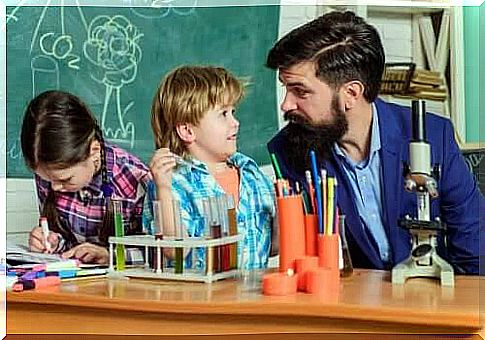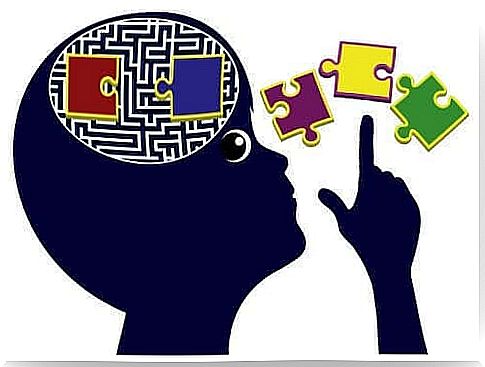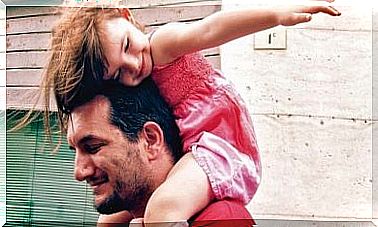Everything You Need To Know About Critical Pedagogy

To understand what critical pedagogy means, it is important to understand that it is a branch of pedagogy as a whole.
Pedagogy is a discipline that is about studying, analyzing and improving education and teaching in all its complexity. The application of this science is psychosocial. The purpose is to organize the education and training of individuals.
Over time, pedagogy has diversified into different branches of study that focus on concrete aspects. These branches have thus developed different types of pedagogies. In today’s article, we will focus specifically on one of them: critical pedagogy.
Critical pedagogy: What does it mean?
This is an alternative methodological teaching method that encourages students to be critical. In other words, the purpose is to help students question and challenge dominant beliefs and practices.
We are talking about a situation where a person or group imposes their ideas, rules, views, beliefs or truths. This can happen through persuasion, pressure, threats or even violence.

Critical pedagogy comes from the critical social sciences. It is based on the ideas of Antonio Gramsci, an Italian philosopher, politician and Marxist thinker. These ideas later resurfaced in revolutionary thought in Latin America.
Paula Freire (1921-1997), born in Brazil, was one of the foremost representatives of critical pedagogy. He was also one of the most influential theorists of the 20th century.
Freire developed his ideas in his writings, including Pedagogy for the Oppressed and Education, the Exercise of Freedom . These works are of great importance not only in education and pedagogy but also on a social and political level.
Freire developed a powerful educational and political movement in his native Brazil. This consisted of a generalized literature process, which was crucial given the very high degree of illiteracy that existed. Political illiteracy was particularly common.
Basic principles and goals for critical pedagogy
The main principle of critical pedagogy is to construct a more just and humane society. To achieve this, we strive to build a continuous connection between theory and practice (practice). In this way, the students’ critical thinking is awakened and developed… Thoughts that enable them to question the power divisions and dynamics that exist in society.
In other words, critical pedagogy is a revolutionary pedagogy woven into a dialectical method of teaching. It starts with the students’ experience (internship).
These experiences are then used to help students gain a more critical, structural and scientific understanding of daily life in relation to the lives of others. In addition, it gives them a critical understanding of the institutional, cultural and social mediation that constitutes these relationships (theory).
Paulo Freire defended the students’ ability to think critically about their own education. In their experiences, he pointed out connections to their broader social context. He considered this a condition for a liberating education that can act against the oppression and powers that operate in society.
Therefore, in his book Pedagogy , Freire criticized the oppressed traditional education and pedagogy. He went so far as to call them “banking institutions” that treat students as recipients to deposit knowledge in.
The author refused to accept the idea that teachers are the only holders of knowledge … and that students are simply the passive recipients of this knowledge.
On the contrary, the role of teachers is not to offer students dogmatic or pre-programmed answers to social, economic and political problems. Their role is to stimulate and encourage students to question and challenge existing social injustices.

The most important legacy of critical pedagogy today
Now that we have gone through what critical pedagogy is, we also want to highlight the lasting legacy that pedagogy has left in today’s school. Theorists and philosophers continue to this day to address the principled ideas that constitute critical pedagogy. These theorists and thinkers come from a variety of fields, as diverse as cultural, academic, social and scientific fields.
The most important legacy of critical pedagogy for theoretical development and social practice is that it assumes, as a principle, that the educational process is a cultural act. In addition, it is necessary to move forward with social change and achieve a society consisting of free men and women.
Therefore, it is fundamental for teachers to teach their students to think critically and freely in the society in which they undergo their education. Students must be able to construct knowledge as a political act. Doing so helps them become active, critical and thoughtful social beings in the society in which they live.








